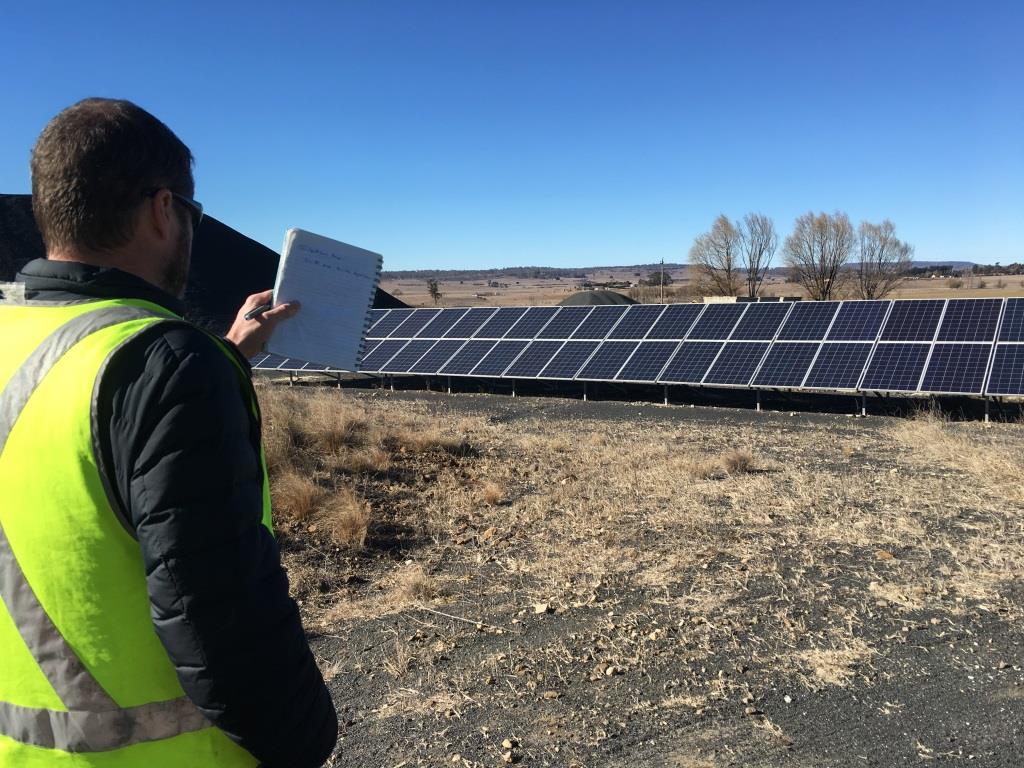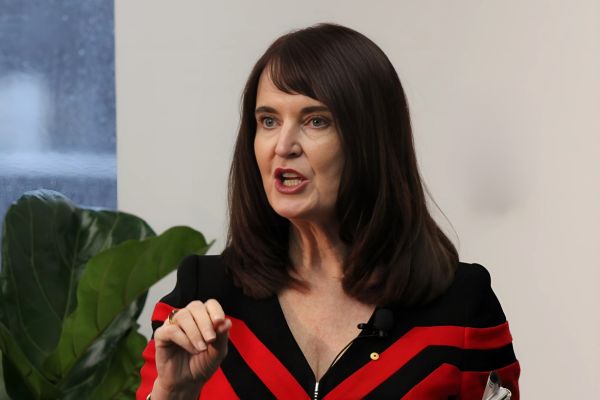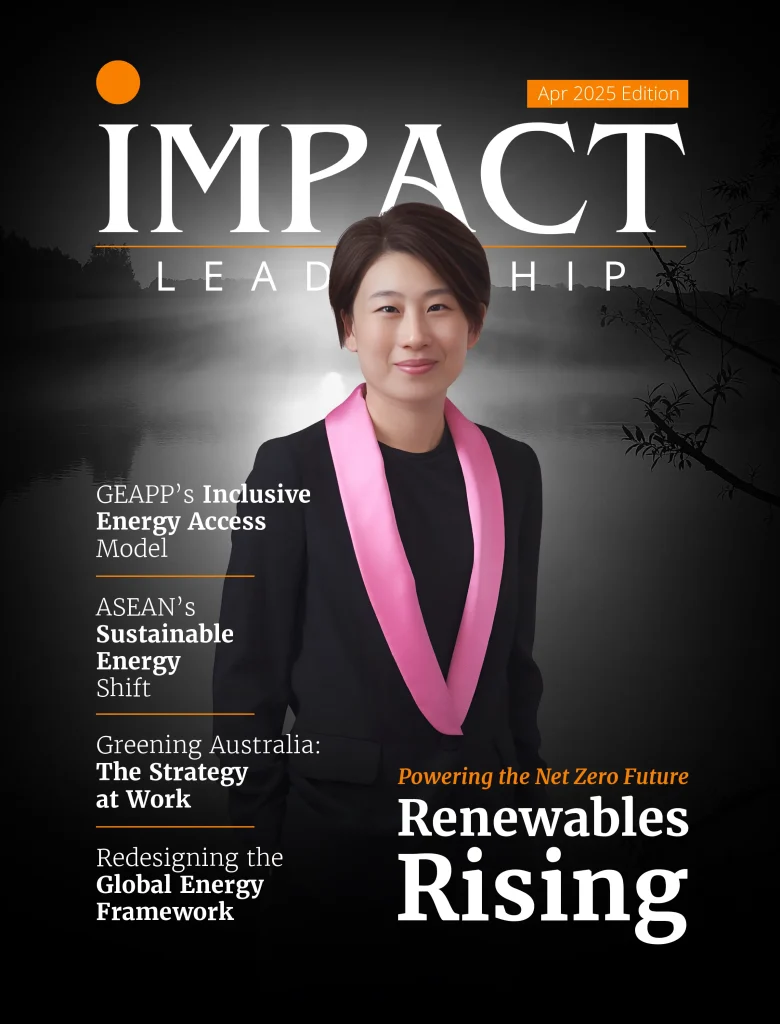Barbara Albert didn’t always see herself as a leader in the renewable energy space, but looking back, the path seems almost inevitable. Growing up in Austria, she watched the winters change. What were once snow-covered landscapes perfect for skiing and igloo-building became milder seasons where a swimming pool, not a sled, was the staple of backyard recreation. “Climate change was no longer an abstract concept – it was something I could witness in my own lifetime,” she says. This realization, coupled with her background in economics and business administration, led her to co-found 100% Renewables, a consulting firm dedicated to helping organizations decarbonize while driving financial success. Her work is built on a firm belief that sustainability is an opportunity for innovation, resilience, and long-term profitability.
Net zero shouldn’t just be seen as a branding or compliance exercise, but as an investment in market positioning and future-proofing the business.
As Co-CEO of 100% Renewables, Albert has become a force in the clean energy transition. But beyond technical expertise, she is also a champion for women in the renewable energy sector, pushing for greater representation and leadership. “Women need strong mentors, sponsors, and platforms to elevate their voices,” she says, highlighting the need for systemic change alongside individual ambition. Through her leadership, advocacy, and a deep-rooted passion for environmental stewardship, Albert is helping organizations navigate a low-carbon future and reshaping the very narrative of what sustainable business can and should be.
Your work focuses on helping businesses achieve net zero profitably. What are some key strategies that organizations can adopt to ensure sustainability efforts also drive financial performance?
Barbara Albert: Achieving net zero profitably is about making strategic investments that create financial and competitive advantages while ensuring long-term resilience. The organizations that succeed in this space focus on three key areas:
1. Optimising energy use through demand-side savings and electrification. The first step is reducing energy waste and transitioning to all-electric operations. Modern electric technologies, such as heat pumps for heating and hot water, are often more efficient and cost-effective than their gas counterparts in the long run. Businesses that accelerate electrification, improve insulation, and implement smart energy management can cut both costs and emissions while gaining a competitive edge.
2. Decarbonszing value chains. Scope 3 emissions, which come from suppliers, transport, and purchased goods, often make up the biggest portion of a business’s carbon footprint. Engaging suppliers to improve efficiency, switch to renewables, and source lower-carbon materials not only reduces emissions but also enhances product quality and resilience. More large organizations are demanding carbon transparency from their suppliers, so those that can demonstrate low-carbon credentials will have a competitive advantage.
3. Repositioning for growth and resilience. Net zero shouldn’t just be seen as a branding or compliance exercise, but as an investment in market positioning and future-proofing the business. Decarbonisation efforts can improve talent retention, customer loyalty and access to new markets. Companies that redefine their products and services for a low-carbon economy gain an edge, whether by using alternative materials, rethinking manufacturing processes or designing more energy-efficient products. The key is authenticity. Sustainability efforts must be genuine and measurable, not just greenwashing.

If you could achieve one major breakthrough in the journey toward 100% renewable energy adoption, what would it be and why?
Barbara Albert: I would love to see a fundamental shift in public belief where renewables and electrification are the expected norm, not just an alternative. When people believe that a clean energy future is inevitable, resistance fades and momentum builds across governments, businesses and communities.
Sustainability and leadership need bold, determined voices. If you’re passionate about making an impact, back yourself and take the next step.
Renewables and electrification need to feel ordinary, woven into everyday life. The conversation should shift from whether to transition, to how to optimize clean energy systems. Governments and businesses will follow when public expectations change. A just transition plan is also key. People need to see that shifting away from fossil fuels doesn’t mean job losses but rather new opportunities in sustainable industries…
Read the full story in the March 2025 issue of Impact Leadership magazine.










